Mid-term evaluation of the project MilKy for the development of a sustainable dairy supply chain in Kenya
Title MilKy – Development of a sustainable dairy supply chain in Kiambu County, Kenya
Location Kiambu County, Kenya
Duration 36 months (November 2019)
Head of the project Caritas Italiana
Local partner Caritas Nairobi
Partners CELIM; Dipartimento di Scienze Agrarie e Ambientali, Facoltà di Agraria, Università degli Studi di Milano; Associazione Unione degli Operatori di Fecondazione Artificiale Animale – UOFAA
Funding Italian Agency for Development Cooperation (AICS)
Context
Among African countries, Kenya has the highest per capita consumption of milk, but dairy production is in difficulty due to numerous reasons which include the volatility of the price per liter, the absence of a guaranteed minimum price for producers, the presence a limited number of processing companies operating under an oligopoly regime, opening up to foreign imports (especially from Uganda). The combination of these factors creates great difficulties for producers.
The MilKy project therefore aims to contribute to promoting sustainable economic growth, the development of a quality dairy supply chain, attentive to climate change, and to encourage access to credit by supporting forms of local micro-entrepreneurship by intervening on 2000 micro- companies in 4 sub-counties of Kiambu (Limuru, Lari, North Gatundu and South Gatundu).
In addition, the MilKy project promotes the production of clean and renewable energy, encouraging the use of biogas and reforestation to compensate for the CO2 emissions deriving from breeding.
General objective
The mid-term evaluation had the objective of understanding the main results achieved by the MilKy project in the first 18 months of implementation.
Our contribution
ARCO Researchers carried out a filed mission during which they visited areas of intervention, farms and the transformation hubs, and met with the project operators, trainers, partners, local authorities and a sample of beneficiaries. The on-site visits combined with the participatory methodology and the desk analysis of the project documents allowed Reserchers to understand and verify what has been achieved.
The analysis was therefore sufficient on 3 methodological components:
- The analysis of the achievement of the output and result indicators with respect to the targets identified in the project Logical Framework;
- The use of a participatory approach and the direct involvement of stakeholders,
- On-site visits to production and processing sites.
-
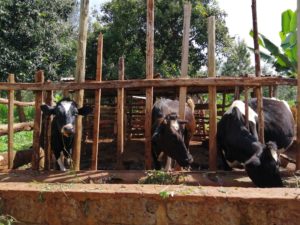
- Foto di Linda Terenzi
-
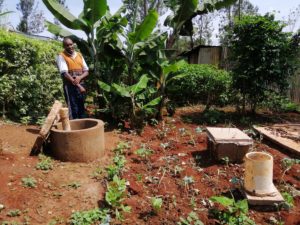
- Foto di Linda Terenzi
Read more on our M&E and Impact Evaluation Unit
Related Projects
-

Monitoring Information System for project WATDEV on water management and sustainable development in East Africa
-

Research on knowledge, attitude, social norms and practice on reproductive health rights and gender-based violence in Narok county, in Kenya
-

Evaluation of the project that promotes food security and climate resilience in Mozambique
-
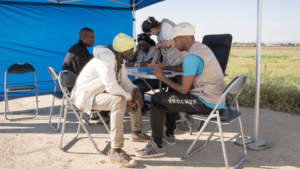
Evaluation of the project strengthening migrants’ right to health in Italy, Greece and Malta
-
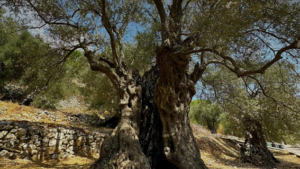
Final evaluation of the project that strengthens olive farmers’ resilience in Southern Lebanon
-
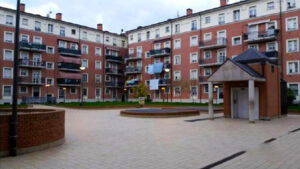
Social impact assessment of the Rapporti Corti project for socio-educational inclusion in the Navile district of Bologna
-

Evaluation of the Naseej project to stop gender-based violence in Iraq, Yemen, and Palestine
-
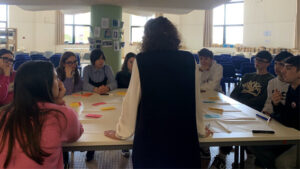
Evaluation of the project that promotes youth employment in Italy
-
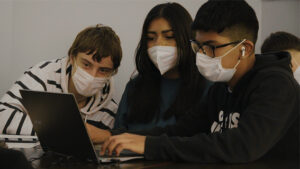
Final evaluation of the ‘5G Smart School’ project for innovative teaching in Italian schools
-
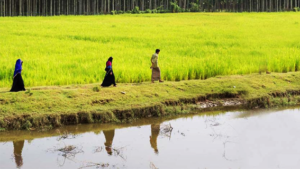
Evaluation of the project that fosters mainstreaming migration into international cooperation and development policies
-

Final evaluation of a project to contrast educational poverty in Albania
-
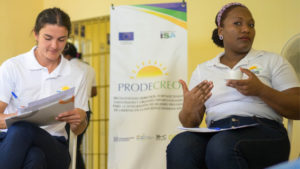
Evaluation of the project PRODECREO to promote the rights and socio-occupational reintegration of women deprived of their liberty in the Dominican Republic
-
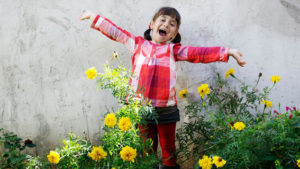
Final evaluation of the SOS Children’s Villages family strengthening project in Bosnia and Croatia
-

Evaluation of the project for the motor rehabilitation of oncological children in Turin
-
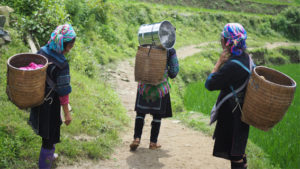
Evaluation of the project that aims to improve the health of the most vulnerable in Myanmar
-
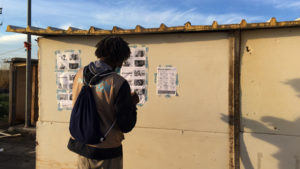
Final evaluation of the project that fosters proximity social-health services in the informal settlements of the Province of Foggia
-

Food Wave, Monitoring the project that promotes sustainable food consumption among young Europeans
-

Spazio Donna, evaluation of the projects to foster women empowerment and contrast gender-based violence
-

Evaluation of the projects “M’Interesso di Te” that tackle unaccompanied foreign minors’ integration
-
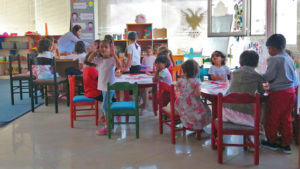
Evaluation of psycho-socio-sanitary interventions in response to the COVID-19 pandemic and the earthquake in Albania
-
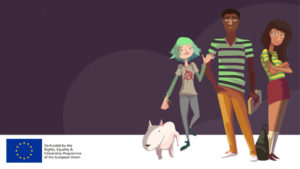
Final evaluation of the Youth For Love project to raise young people’s awareness of gender-based violence
-
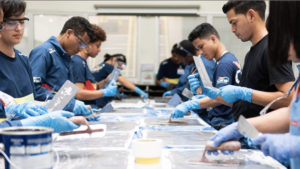
Multi-country mid-term evaluation of the YouthCan! programme, promoting the employability of vulnerable young people
-

Final evaluation of WEGO2 to support women economic empowerment contrasting intimate partner violence
-
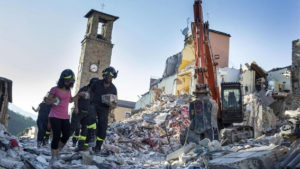
Action Research for the project Do.N.N.E against gender-based violence in Central Italy
-

Evaluation of the project “Mentors for Resilience” to contrast educational poverty
-
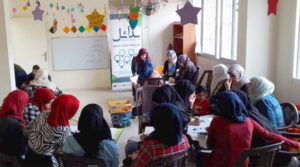
Outcome Harvesting of the project that aims to promote stability and social enterprise in Lebanon
-
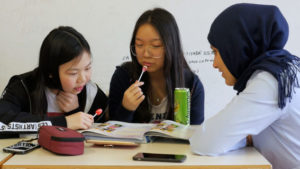
Annual evaluation and SROI of the programme “Nessuno Escluso” to contrast social exclusion and educational poverty in Tuscany
-
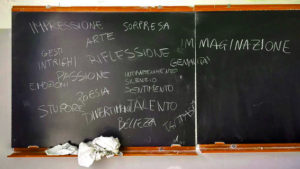
Evaluation of the project “Dreams and Needs” to contrast educational poverty in Italy
-
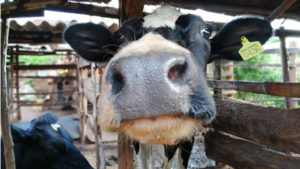
Mid-term evaluation of the project MilKy for the development of a sustainable dairy supply chain in Kenya
-

Final evaluation of Pe.R.Co.rrere: resilience of communities in Center Italy
-
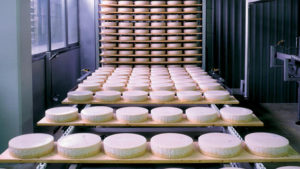
Evaluation of the promotion campaign for Piave DOP cheese in Austria, Germany and Italy
-
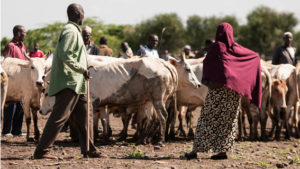
Mid-term & final evaluation of a project to strengthen resilience to climate shocks in Kenya
-
Evaluation of the promotion campaign for Italian specialities in Japan
-
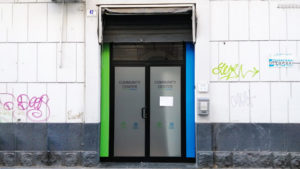
Community center, final evaluation of the social inclusion project
-
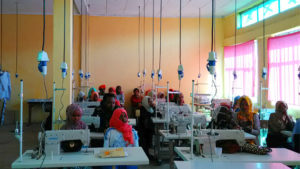
Mid-term evaluation of the project to contrast irregular migration in Ethiopia
-
Mid-term evaluation of the project for the conservation of Protected Areas in Albania
-

Social Impact Assessment of children’s protection programmes in Kyrgyzstan
-
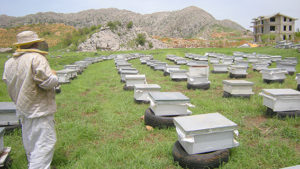
Monitoring&Evaluation of reintegration services for drug addicts and ex-addicts in Lebanon
-
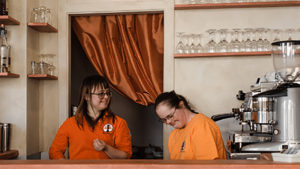
SROI Analysis, Albergo Etico social performance
-
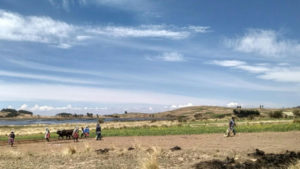
ECO.COM: strengthening local economic development in Bolivia
-

Improving the sustainability in the cherry supply chain in Bulgaria and Turkey
-
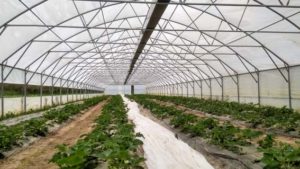
Evaluating sustainable agricultural supply chains in Bosnia Herzegovina and Albania
-
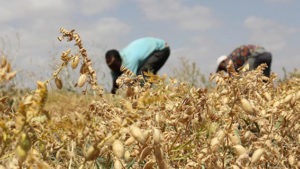
Impact evaluation of the creation of a durum wheat supply chain in Ethiopia
-
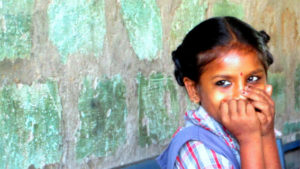
Impact evaluation of a Rehabilitation programme in India